Here comes that guy I met at the Olds last Friday. Oh no! He’s waving. I don’t really feel like talking to him …
iPhone out. Earbuds in. Head down.
No conversation.
As this familiar Guilford scene suggests, listening to music has become an increasingly isolated experience.
While gaining instant access to our favorite tunes, we lose out on the conversations and experiences that instill the sounds themselves with great depth.
Let’s dig deeper.
First, removing ourselves from conversations about music, we often do not understand a song’s context.
Take Notorious B.I.G.’s diss track “Kick in the Door.”
Before entering the ring with a combative first verse, Biggie dedicated this fight song ambiguously.
“This goes out to you and you and you,” rattles off Biggie.
It’s clearly a song for someone, but we don’t know who. Unless that is, we talk about the conversation going on in the song.
“I had no idea that song was about (legendary hip-hop lyricist) Nas until I listened to it with some friends,” said sophomore Timmy Barrows. “It made so much more sense.”
It’s like the difference between reading a book alone or in class.
Oh! So, when Melville wrote about the whale, he was really talking about fate?
Oh! So, when Biggie said, “Your reign on top was short like leprechauns,” he was really talking about Nas’ early commercial failures?
To facilitate these music-listening epiphanies — where, like a lock’s pins all clicking into place, we finally understand and appreciate the music more — we need to talk to each other.
Another tasty layer within the cake of music listening is social. The power of music is also associative.
You don’t just love a song because of the sound itself; you love it because of the memories you attach to that sound.
Think about this year’s summer jam, “Get Lucky,” by Daft Punk. You love it for its disco groove, but also because it reminds you of driving fast late on a summer night, all your friends singing along.
Listen alone and you leave behind more than your friends — you give up music’s inherent social meaning.
Already sacrificing musical depth through both a loss of conversation and shared experience, we must ask ourselves: how much more are we willing to give up?
Will we settle for ring tone-quality sound bites when we could have surround-sound experiences?
And still, this issue of isolated music listening dives even further down, resonating deeper than the bassiest subwoofer.
Changes in how we listen to music correlate with changes in human nature.
Here’s the comparison.
Often, when we listen to music with other people, we actively seek to understand other peoples’ perceptions of the music.
“I jump back and forth between understanding the music from my perspective and trying to imagine how other people are hearing it,” said Raina Martens, junior and teaching assistant for the Art, Noise and Sound First Year Experience.
This practice — attempting to understand other’s viewpoints — is the root of empathy.
When listening to music alone, however, we leave this awareness behind.
Is it any surprise, then, that college students are becoming less empathetic?
According to a recent study by the University of Michigan, college students are 48 percent less empathetic than they were in the 1979, with 61 percent of that 48 percent drop suffered in the last 10 years — the same 10 years in which iPods have flooded the market.
“We need to pay attention to how technology affects us and maybe anticipate better the consequences,” said Dana Professor of Psychology Richie Zweigenhaft.
When we plug in, we are also plugging out, denying the possibility for conversation, shared experience, and perspective sharing.
We limit more than our relationships to the music: we limit our relationships to each other.
“Who knows what we might miss?” said Martens.
[youtube url=”http://www.youtube.com/watch?v=ZKTtMyPOO-s”]


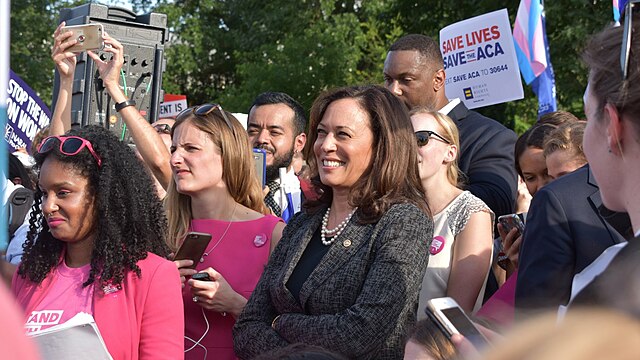

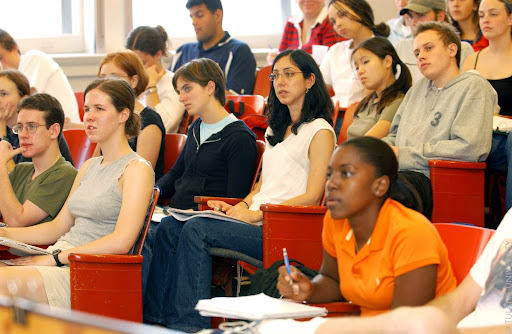

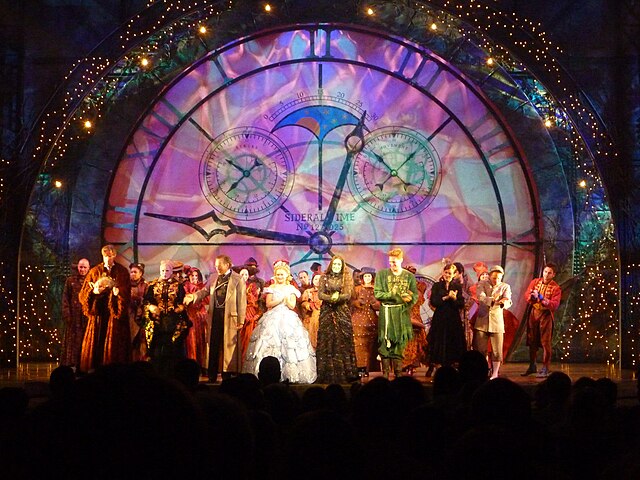

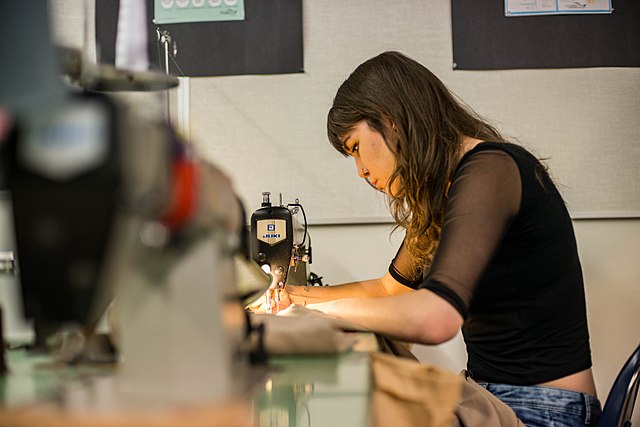


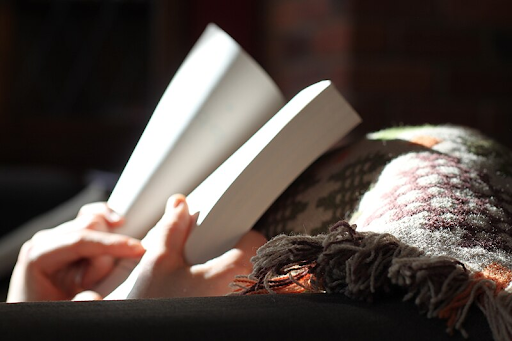
Amanda • Apr 6, 2018 at 2:07 am
This is really interesting and thought-provoking!